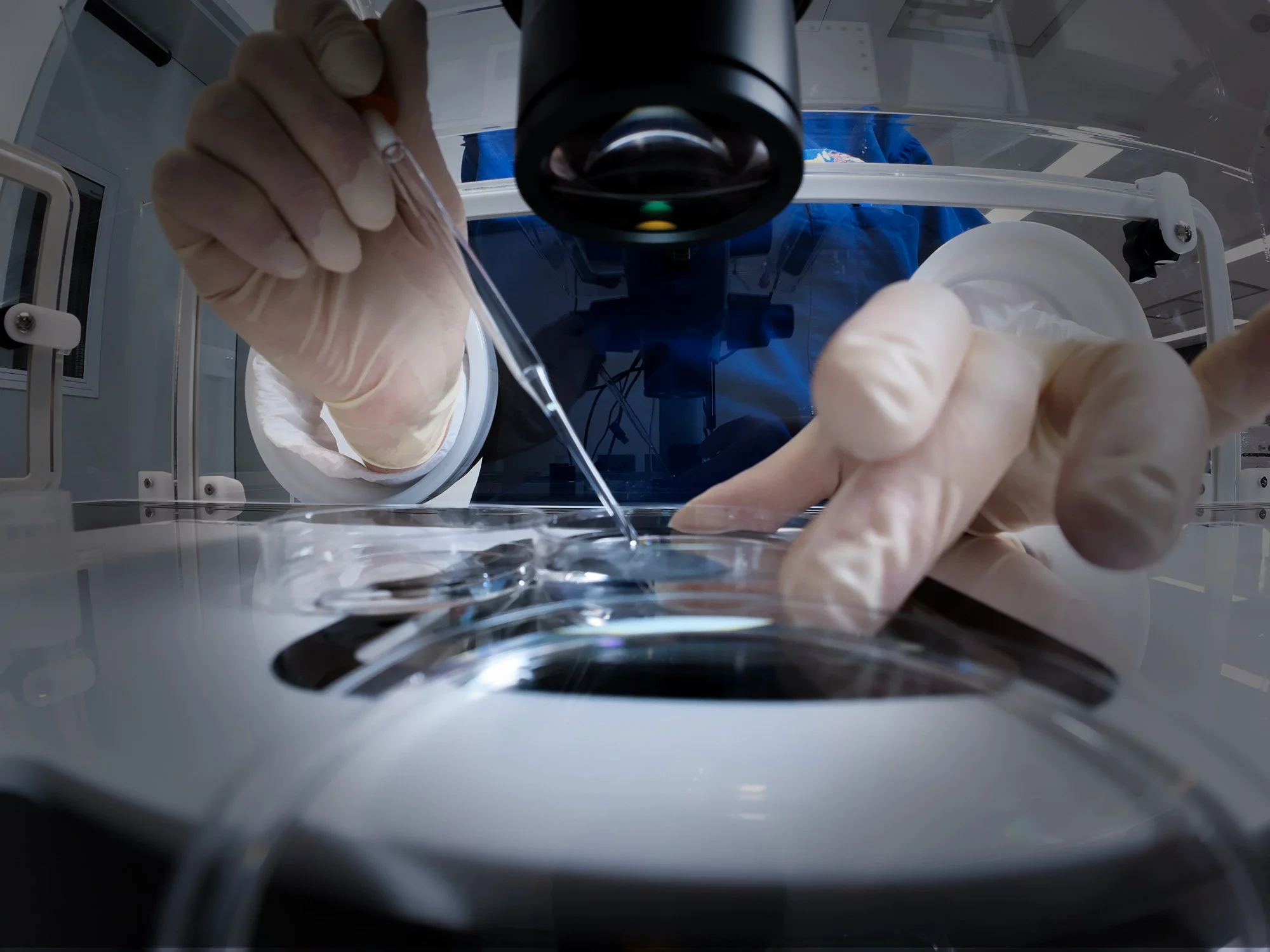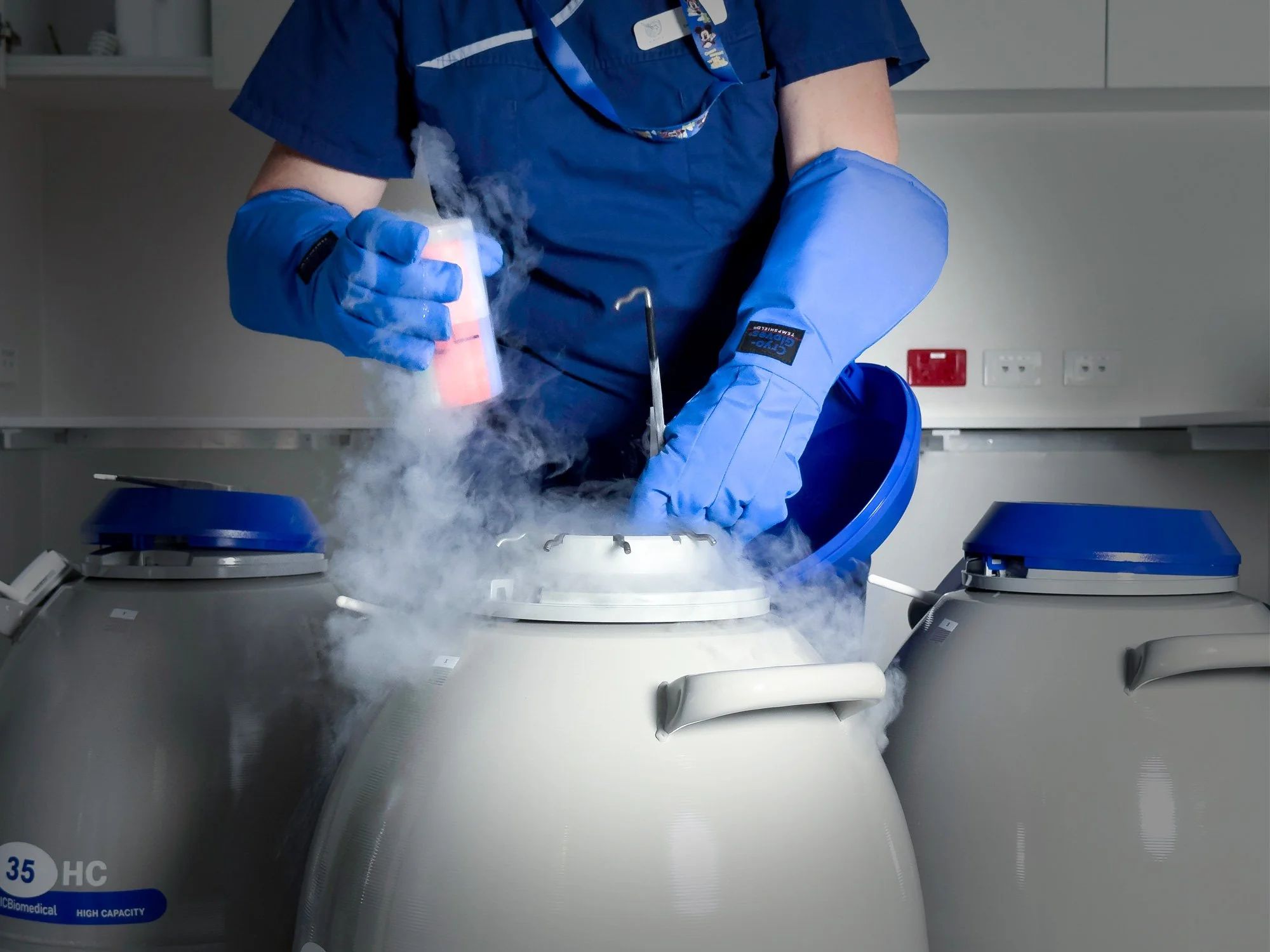
Minerva Fertility is a world-class fertility clinic featuring a state-of-the-art IVF laboratory located at Bond Day Hospital in Bella Vista, Northwest Sydney.
Designed to set new standards in fertility care by combining advanced technology with a patient-centered approach. We have consulted with leading international experts in the design of the laboratory. We have also assembled a team of highly experienced doctors, scientists and nurses, each dedicated to providing the highest quality of care.
Contact us
For more information, please complete the form or call us on (02) 8883 3200
Existing Patients please contact us on (02) 8883 3319



